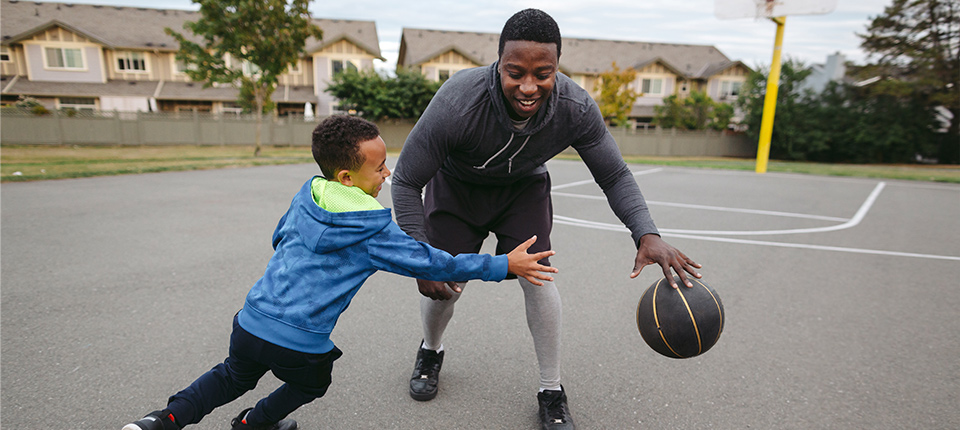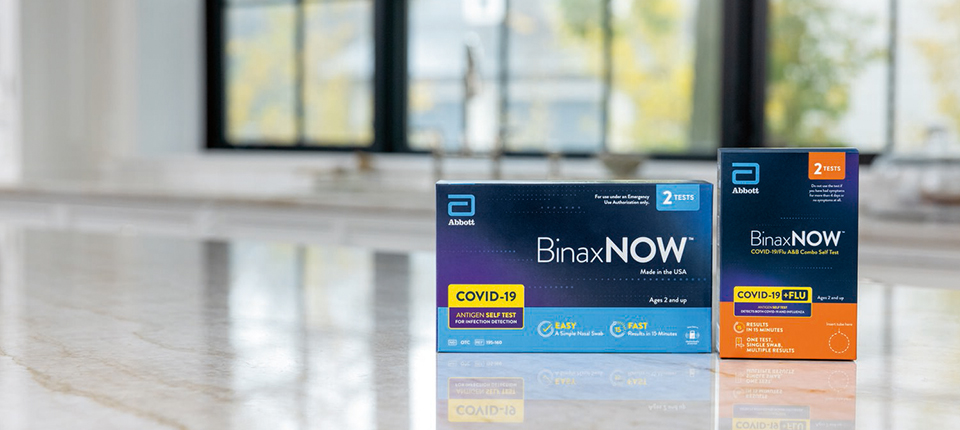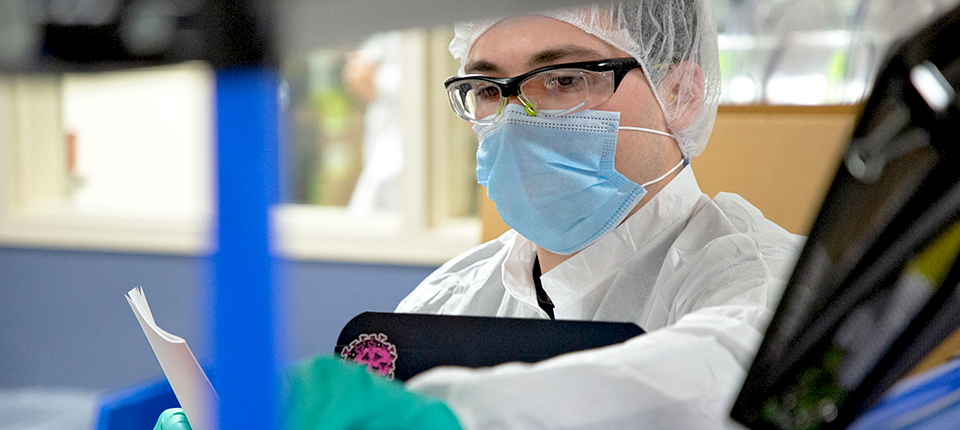Important Safety Information
EMERGENCY USE AUTHORIZATIONS
The BinaxNOW™ COVID-19 tests have not been FDA cleared or approved. They have been authorized by the FDA under an emergency use authorization. They have been authorized only for the detection of proteins from SARS-CoV-2, not for any other viruses or pathogens, and are only authorized for the duration of the declaration that circumstances exist justifying the authorization of emergency use of in vitro diagnostics for detection and/or diagnosis of COVID-19 under Section 564(b)(1) of the Federal Food, Drug and Cosmetic Act, 21 U.S.C. § 360bbb-3(b)(1), unless the declaration is terminated or authorization is revoked sooner.
For serial testing, the BinaxNOW COVID-19 Antigen Tests should be performed twice over 3 days, at least 24 hours (and no more than 48 hours) apart. For symptomatic use, a single test can be used.
Related articles
-
BinaxNOW: What You Need to Know
A step-by-step video guide to conducting a BinaxNOW Self Test in the comfort of your own home.






